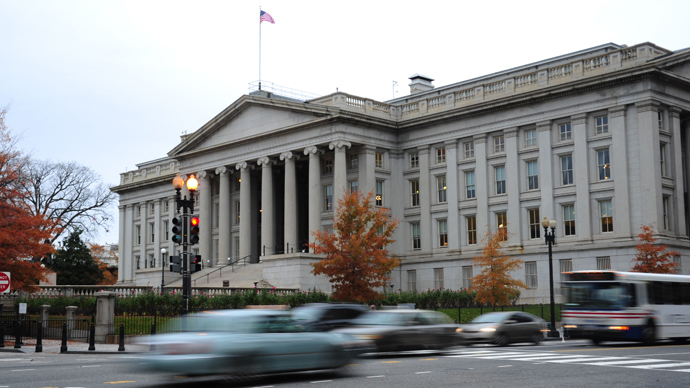Deadline postponed for mandatory reporting on Americans with foreign bank accounts

The US Treasury Department recently announced that it will extend the deadline to compel foreign banks to provide detailed information on US account holders overseas by six months.
The US Foreign Account Tax Compliance Act, or FATCA, was signed
into law in 2010, and it requires financial institutions outside
of the country to report the account information of potential tax
evaders directly to the IRS.
The teeth of the FATCA, legislation lie in potential penalties
levied against foreign banks that fail to report on the six
million US citizens that live abroad. Specifically, institutions
that are found to be noncompliant would face a 30 per cent
withholding tax on securities transactions originating in the US.
Critics argue that the legislation overreaches, both by
potentially violating privacy laws in other countries, as well as
including American nationals that might owe no US taxes, own no
property in the US and may not have lived in the US in decades,
if at all.
The financial industry, meanwhile, has slammed the new law as too
costly, reports the Wall Street Journal.
FATCA was set to be enacted in January 1 of 2014, though last
Friday the Treasury said that due to a “groundswell of international
interest,” it will extend for six months to July 1, 2014
the deadline to comply with a law targeting potential tax cheats
stashing money overseas.
According to Forbes, in order to avoid the withholding penalty a
foreign bank must enter into an agreement with the IRS to
identify accounts held by US citizens and report certain
information to the agency.
In order for countries to comply with the American law, Treasury
developed what it calls intergovernmental agreements that
streamline the process of reporting tax information. Treasury
said Friday it has signed nine of them thus far with other
countries, and is engaged in talks with more than 80 other
jurisdictions.
As of late 2012, the Treasury department had announced that it
was in “active dialogue”
with a long list of countries around the world to target US
nationals with foreign financial assets exceeding $50,000.
So far, European countries in particular seem to support the idea
of FATCA as a global standard to expose offshore tax havens. In
April, six European finance ministers pledged to exchange more
data about tax evasion. It is likely that countries enthusiastic
about the new US legislation are interested in the reciprocity
agreements being offered by the Treasury, which would allow
foreign governments to monitor the holdings of their own citizens
abroad.
The agreements being reached by the Treasury on behalf of the US
have not been popular with everyone, however. In a July letter to
Treasury Secretary Jacob Lew sent by US Congressman Bill Posey,
the legislator alleged that the Treasury had exceeded its own
authority by promising that American financial institutions would
be reporting to foreign countries.
Posey has already introduced legislation (HR 2299) to abolish
Treasury rules requiring reporting to foreign nations, arguing
that they would “discourage
investment in the United States” and “further impose costly compliance costs on
American banks and credit unions” that might well carry
over those expenses to their depositors.
Of particular interest are jurisdictions such as the British
Virgin Islands, the Cayman Islands and Switzerland, all popular
with both Americans and Europeans seeking to store their wealth
offshore.














